
Read or listen offline
Amazon KindleRecommendation
Strip away the complex jargon, and investing is a basic activity, central to all market economies. It began in antiquity, with its beneficiaries limited to the rich and powerful. In the 21st century, professional asset managers, financial institutions and individuals in the general population all invest. What’s driven this wide engagement? Investment experts Norton Reamer and Jesse Downing present an intelligent, eclectic mix of history, facts and theories on the subject of “the democratization of investment.” They explain how equity investment originated and how the social phenomenon of retirement has changed markets. The authors do not offer investment advice. Instead, they demystify the often-opaque world of investing. getAbstract recommends this thorough and accessible primer to everyone who is, or wants to be, an investor.
Summary
About the Authors
Norton Reamer is a former CEO of Putman Investments. Jesse Downing is a Harvard graduate in economics and mathematics, and he currently works at an investment management firm.







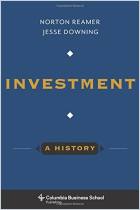

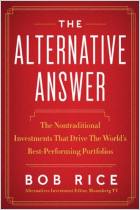
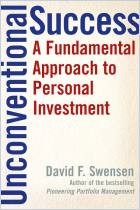
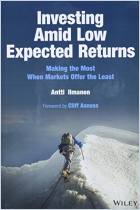
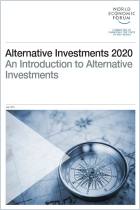




Comment on this summary or Démarrer une discussion